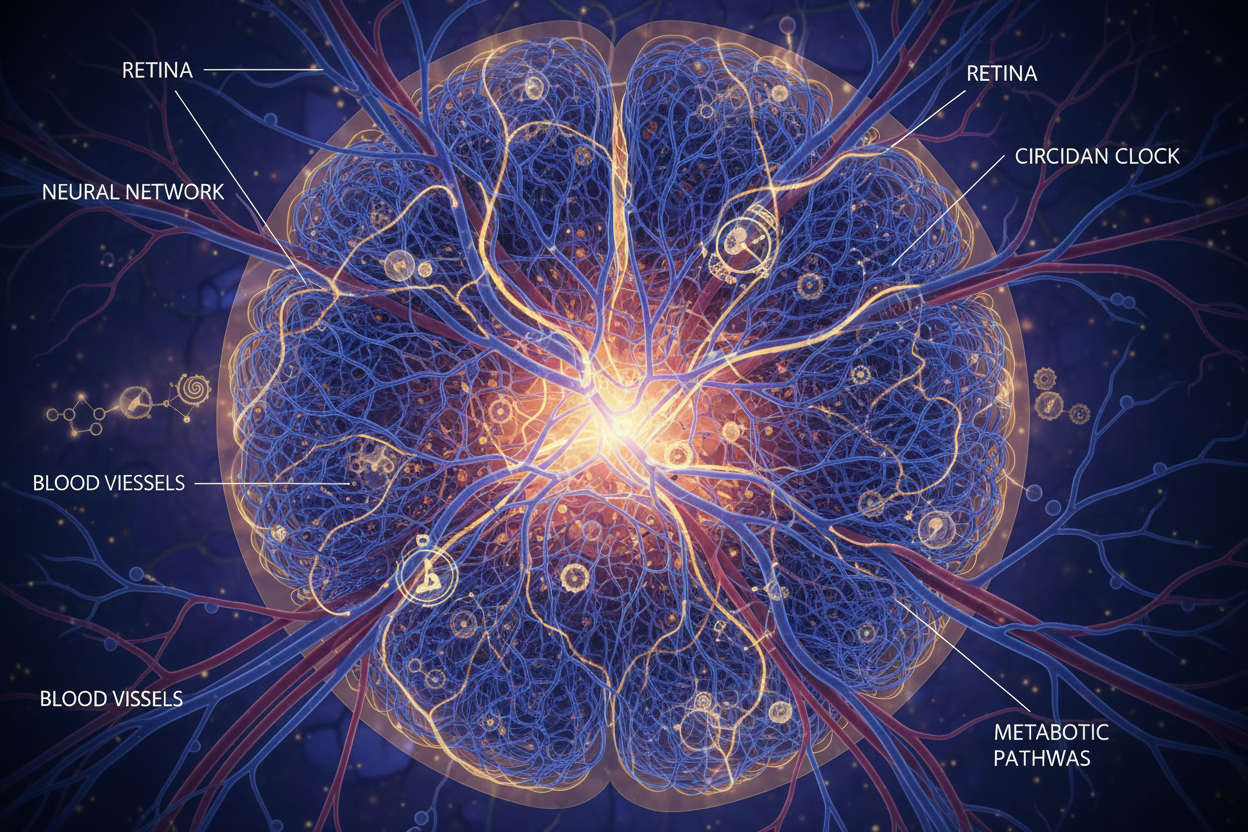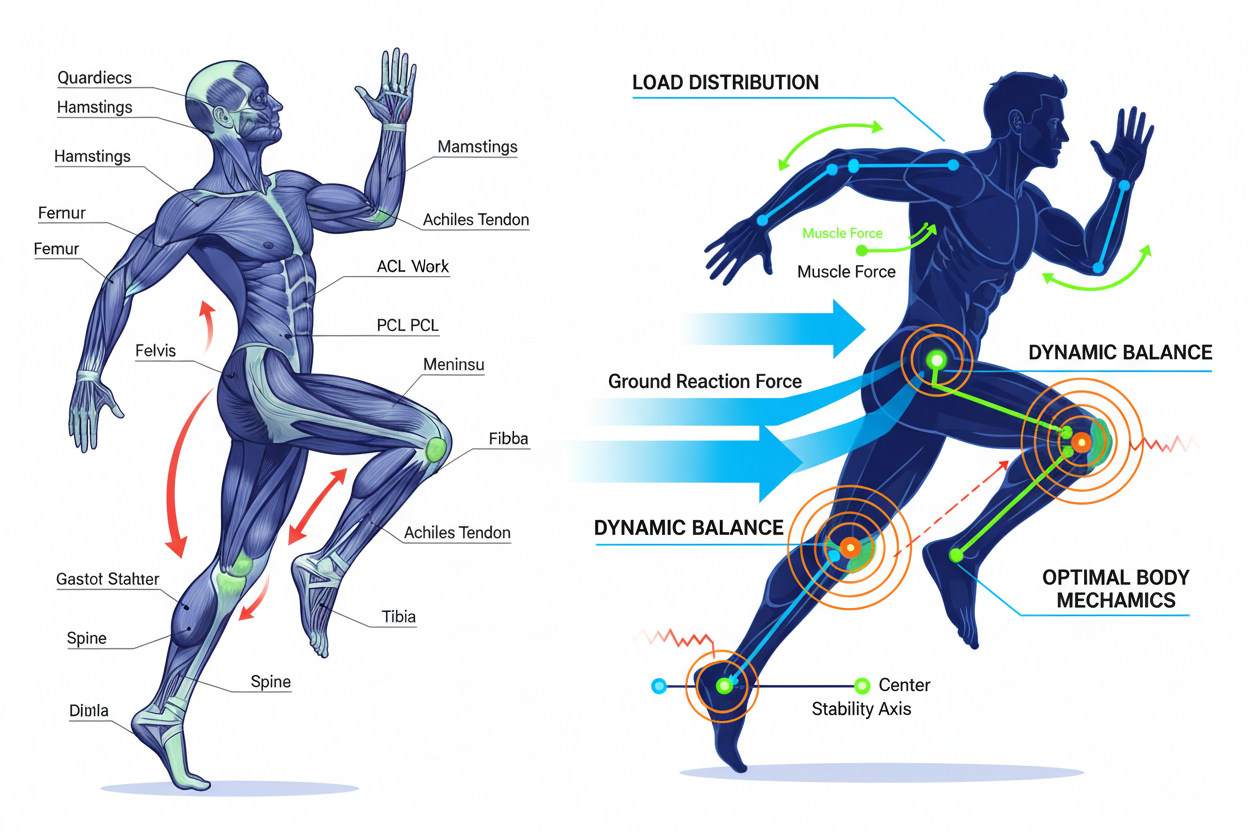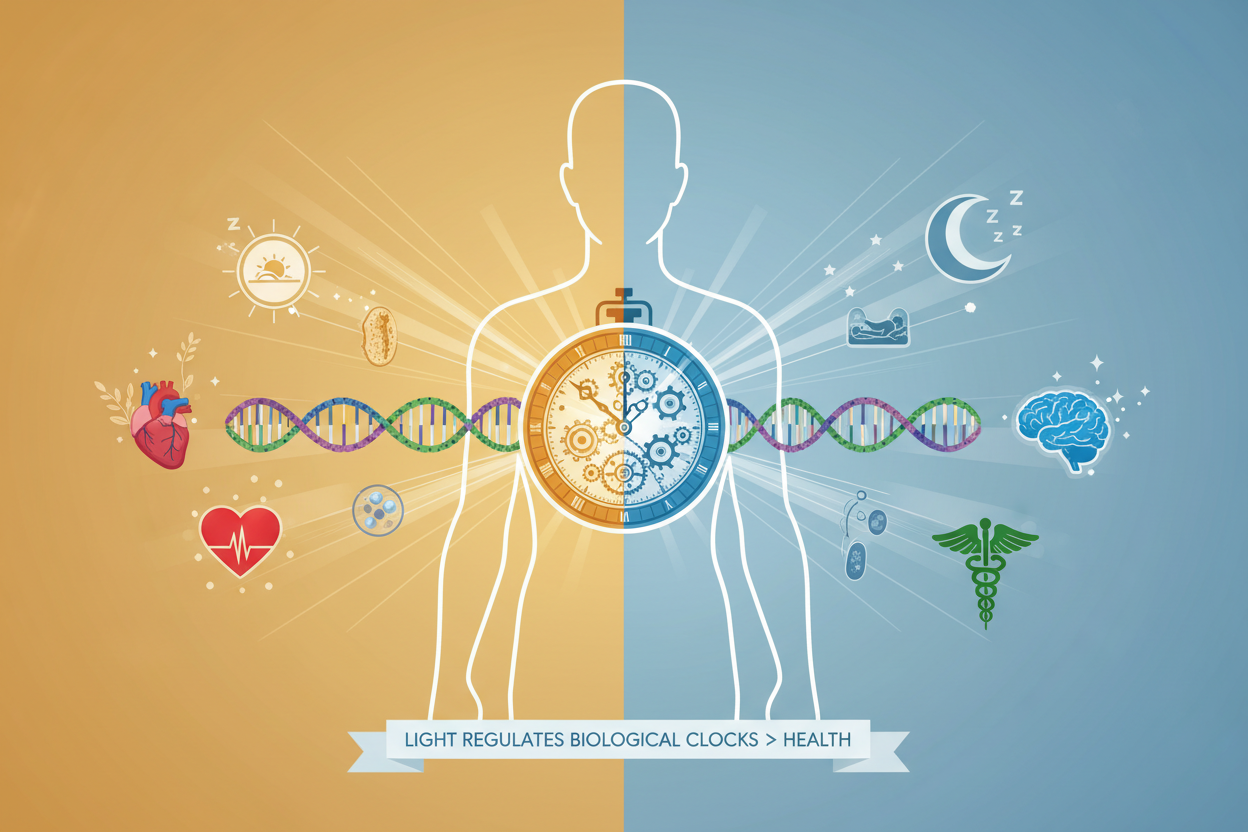
A new perspective on digestion: Light, eyes, and insulin
Introduction:
Digestion does not begin in the mouth. That is an outdated misconception from the 20th century. In fact, digestion begins when light reflects off the food and hits your retina. Your retina is part of your brain/CNS, specifically the diencephalon. If you think digestion begins in the mouth, you are scientifically behind the times.
Digestion begins in the eyes
The key to this understanding is the ocular insulin reflex. Light induces photooxidation, which stimulates hypoxia in the retina, and this stimulates insulin production directly in the retina. Most importantly, the discovery of insulin production in the central nervous system (CNS) has opened many possibilities for identifying new functions of insulin in tissues outside the pancreas.Insulin in the central nervous system (CNS)
The discovery of insulin production in the CNS has opened new possibilities for identifying new functions of insulin in tissues outside the pancreas (Devaskar et al. 1994; Havrankova et al. 1978; Kovacs and Hajnal 2009). For example, its neurotrophic function supports the development of neurons and their survival after ischemic brain injury (Voll and Auer 1991; Valenciano et al. 2006; Hui et al. 2005).Local synthesis of insulin in the brain
The detection of insulin immunoreactivity in fetal, neonatal, and adult brains did not distinguish between insulin of pancreatic origin that crossed the blood-brain barrier and synthesis in the central and peripheral nervous system. Only the use of polymerase chain reaction clearly allowed differentiation that the processing of insulin protein occurs locally in these tissues, not at distant sites where the secreted protein crossed the blood-brain barrier and relocated to the brain (Devaskar et al. 1994; Murakami-Kawaguchi et al. 2014; Deltour et al. 1993).Common nutrition gurus often just repeat well-known information. However, none of these things have an impact on chronic diseases.
Insulin and Brain Function
He never talks about the real core of the problem – how light and insulin are connected through the CNS. Although insulin is involved in glucose metabolism, the brain has long been considered an insulin-insensitive organ. It is now well known in the literature that insulin facilitates critical brain functions such as metabolism, cognition, and motivated behavior in the CNS, while also acting as a strong mitogenic and neurotrophic factor (Ferrario and Reagan 2018; Mielke and Wang 2005; Abbott, Wells, and Fallon 1999; Wu et al. 2004; Naia et al. 2016).The Influence of Light on Health
Understanding the relationship between light, insulin, and the CNS has far-reaching implications for our health. The quality and type of lighting can affect our insulin production, and thus our overall health and cognitive functions. People with insulin problems cannot produce dopamine or melatonin well and are easily influenced because they are less independent thinkers.Conclusion:
This new perspective on digestion forces us to reconsider many aspects of our understanding of the human body. The connection between light, eyes, insulin, and the CNS opens new possibilities in the research and treatment of chronic diseases. It is clear that we need more decentralized scientific research in this area. This new understanding can lead to innovative approaches in medicine, nutrition, and lifestyle that can fundamentally improve our health and quality of life. It is time to open our eyes to new insights into how our body functions and to reconsider traditional views on nutrition and health. Enhance your knowledge with decentralized science.



Leave a comment
This site is protected by hCaptcha and the hCaptcha Privacy Policy and Terms of Service apply.